Apex Recovery offers rehabilitation services across multiple private boutique facilities Tennessee. These centers specialize in personalized treatment plans, providing a serene and supportive environment for people seeking recovery from addiction, delivering a path to wellness tailored to each person’s needs.
Apex Addiction Recovery Center is aligned with many health insurance providers, facilitating coverage for residential treatment programs. This means people seeking rehabilitation can utilize their insurance plans to access Apex Substance Addiction Recovery Center’s comprehensive, tailored rehab services, easing the financial burden of seeking help.
What is a Private Boutique Rehab Center?
A private boutique rehab center is a specialized facility offering personalized and high-end addiction treatment services. Unlike larger, more impersonal institutions, these exclusive treatment centers focus on providing an intimate, nurturing environment, often with luxurious amenities and a higher staff-to-client ratio. This means tailored care and attention to each person’s needs.
The serene and often secluded settings contribute to a healing atmosphere, where clients can focus on recovery without the stressors of everyday life. Treatments at these centers are comprehensive, incorporating a blend of traditional and innovative therapies designed to address the physical, psychological, and emotional aspects of addiction. The goal is to offer a transformative recovery experience that fosters lasting change in a comfortable and supportive setting. Call us at (877) 881 2689 today.
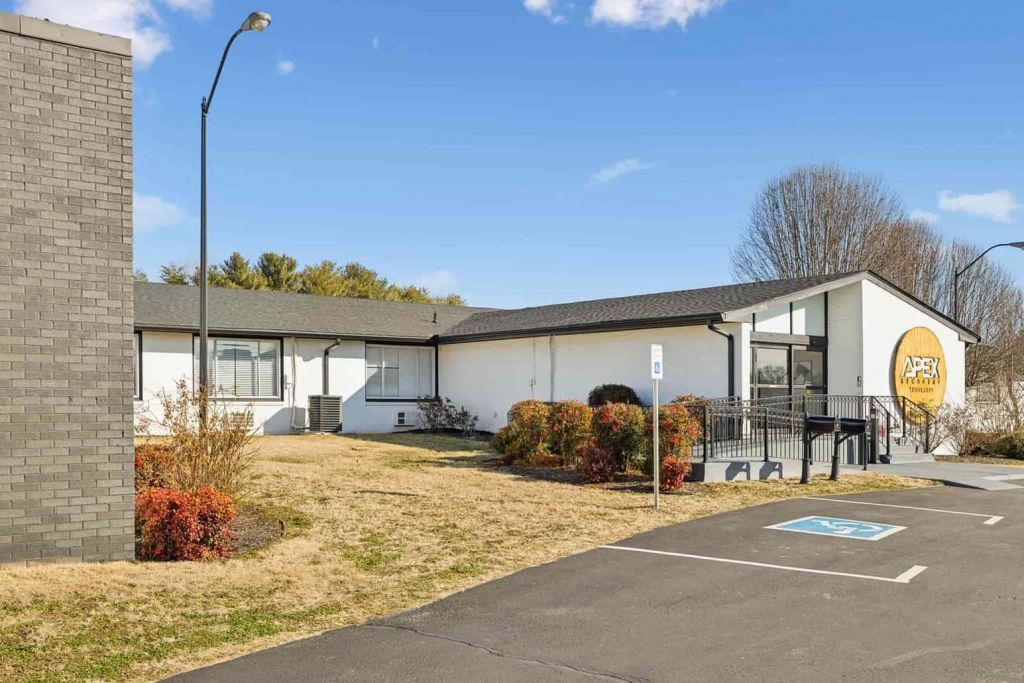
How To Find A Private Boutique Rehab Center for Near Me
If you’re seeking a private boutique rehab center nearby, contact Apex Drug and Alcohol Addiction Recovery Center at (877) 881 2689 for personalized assistance. We prioritize your needs, providing the personalized care you deserve in a boutique therapy practice. For options in Tennessee, contact us at our boutique outpatient/inpatient rehab centers to find the perfect fit.
Statistics on Private Drug and Alcohol Treatment
In 2022, the U.S. had 17,353 substance abuse treatment facilities. Tennessee had 311 of these facilities. Of private facilities, 82.9% offered outpatient care, and 24.1% provided residential care. Tragically, there were 106,699 drug overdose deaths nationwide in 2021, with 80,411 attributed to opioids and 9,173 specifically to heroin.
In private rehab, 29% of clients sought treatment for alcohol and drug abuse, 60.1% for drug abuse alone, and 10.9% for both alcohol and drug abuse. These statistics underscore the urgent need for accessible and effective private drug and alcohol treatment nationwide.

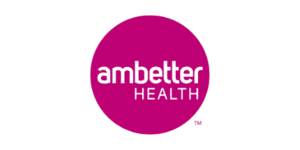
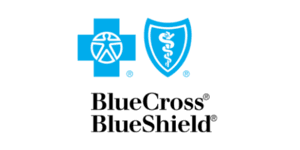
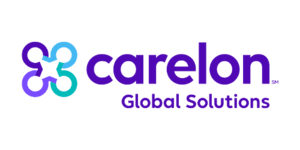
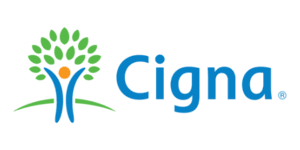

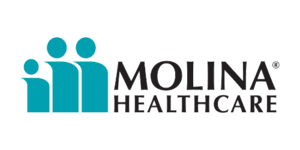
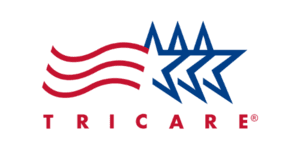
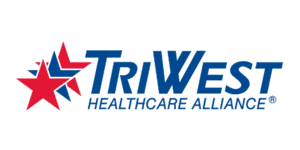
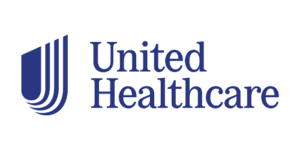
Contact Apex Recovery Tennessee to check your insurance coverage levels for private boutique rehab.
What Insurance Cover Private Boutique Rehab For Drug and Alcohol Addiction?
Insurance coverage for private boutique rehab for drug and alcohol addiction can vary significantly by provider and plan. Most private health insurance plans offer some level of coverage for boutique addiction treatment, including detox, outpatient, and inpatient services. This includes major providers like Blue Cross Blue Shield, Aetna, Cigna, UnitedHealthcare, and Humana, among others.
Many rehabs work directly with insurance companies to streamline the verification of benefits and preauthorization process, making it easier for patients to access the care they need. Additionally, provisions under the Affordable Care Act (ACA) have expanded access, mandating that most insurance plans include coverage for addiction treatment. Call the experts at Apex Alcohol and Drug Addiction Recovery Center to understand your coverage for treatment at our private boutique rehab center.
What Insurance Cover Private Boutique Rehab For Mental Health Treatment?
Insurance coverage for mental health treatment in private mental health wellness boutique rehab centers is increasingly comprehensive, thanks to evolving legislation and recognition of mental health’s importance. Most major insurance providers typically offer coverage for mental health services, which can include outpatient therapy, inpatient care, psychiatric evaluations, and medication management.
The extent of coverage can vary by plan, but the Affordable Care Act also mandates that mental health services are covered as essential benefits, ensuring broader access to necessary care. It’s vital to consult with Apex to check your insurance coverage, including any deductibles, copays, or provider network restrictions, to maximize the benefits for treatment at our center. See our Insurance page for more info.
Boutique Outpatient / Inpatient Rehab Centers in Tennessee
Apex Addiction Recovery Center in Tennessee has boutique outpatient/inpatient rehab centers in the state, with two locations for comprehensive care. Our Brentwood and Columbia facilities offer customized treatment programs in serene local environments, for your healing and recovery.
- Apex Recovery Brentwood: 209 Ward Circle, Brentwood TN, 37027
- Apex Recovery Columbia: 2710 Trotwood Ave STE A & B Columbia, TN 38401
Fill in the form below to request a call back from Apex Recovery Tennessee
What Do Private Rehabilitation Centers Help With?
Private rehabilitation centers address a range of challenges, primarily focusing on treatment for substance use disorders and mental health disorders. These centers create personalized recovery plans, tackling issues from alcohol and drug addiction to depression and anxiety, ensuring a holistic approach to healing the mind, body, and spirit within a supportive and confidential environment.
Treatment for Substance Use Disorders
Treatment for substance use disorders in private rehabilitation centers involves a multifaceted approach. These programs often include detoxification, therapy (individual, group, and family), and medication-assisted treatment, if necessary. The goal is to address the root causes of addiction, provide coping strategies, and promote a sustainable path to recovery and sobriety.
Treatment for Mental Health Disorders
In treating mental health disorders, private rehabilitation centers offer a blend of therapies for various diagnoses. This typically includes psychiatric evaluation, personalized counseling, cognitive behavioral therapy (CBT), and sometimes medication management. The aim is to address underlying issues, improve emotional regulation, and equip people with the tools needed for long-term mental wellness and stability.
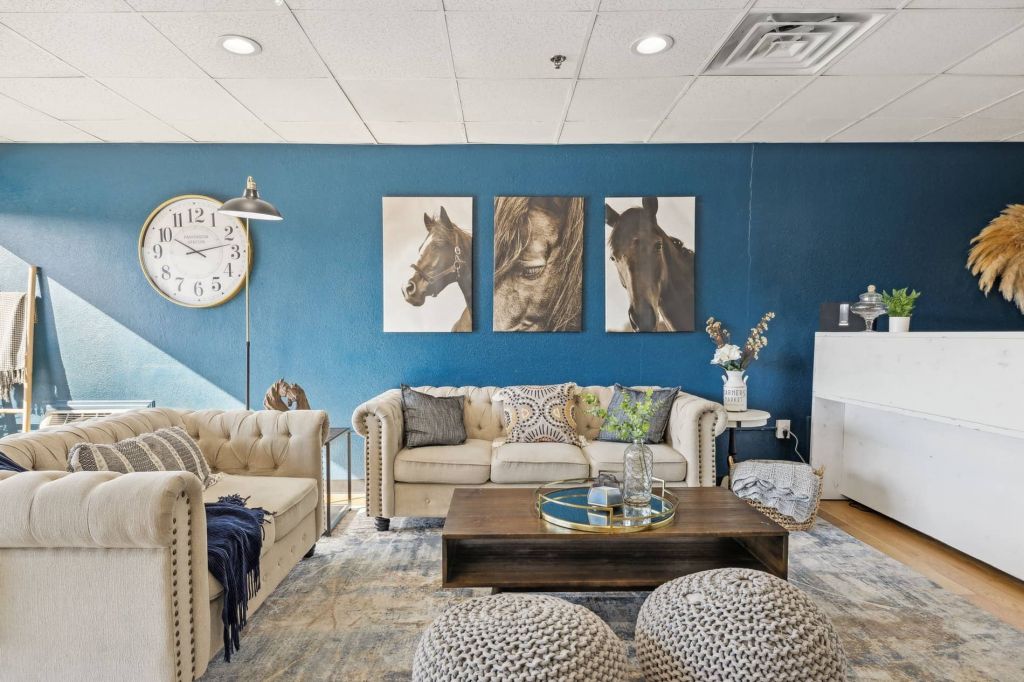
How Much Is Boutique Private Rehab Without Insurance?
The cost of boutique private rehab without insurance can vary widely depending on factors such as the facility’s location, amenities offered, treatment length, and level of personalized care. On average, however, boutique private rehab programs can range from $10,000 to $50,000 or more per month.
Some luxury rehab facilities with extensive amenities and services may exceed this range. Additionally, longer-term programs or specialized treatments may come with higher costs. It’s essential to ask about the specific pricing structure and any potential additional fees for amenities or services not included in the base price. Financial assistance or payment plans may be available to help offset the cost for people without insurance coverage.
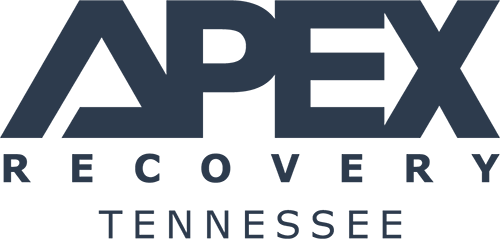
Check Your Insurance
Apex Recovery Tennessee is in-network and accepts most major health insurance plans to make private boutique rehab more accessible in Tennessee. Contact us today to check your coverage!
Treatment Programs Offered by Private Boutique Rehab Centers
Private boutique rehab centers offer a spectrum of personalized recovery programs for individual recovery needs. These range from detoxification programs for initial substance withdrawal, residential/inpatient treatment for immersive care, to flexible options like Intensive Outpatient Programs (IOP) and Partial Hospitalization Programs (PHP). Additionally, comprehensive therapy options include individual, group, and family therapy, alongside holistic treatments and therapies.
Detoxification (Detox) Programs
Detoxification (Detox) Programs in private boutique rehab centers offer a safe and supervised process for managing withdrawal symptoms. Utilizing medical expertise and support, these customized therapy programs help to cleanse the body of substances while ensuring the comfort and safety of those undergoing detox. Medical professionals closely monitor patients, providing necessary interventions and support throughout the process.
Residential/Inpatient Treatment
Residential/inpatient treatment at private boutique rehab centers provides around-the-clock care in a structured environment. These programs offer people a safe space to focus solely on recovery, away from everyday stressors. With constant support from professionals and a community of peers, patients engage in intensive therapy and activities designed to address the root causes of their addiction.
Intensive Outpatient Programs (IOP)
Intensive Outpatient Programs (IOP) offer a flexible treatment option that allows people to maintain their daily responsibilities while receiving comprehensive care. These programs typically include several hours of therapy per week, covering both group and individual sessions. IOPs are ideal for those transitioning from residential treatment or seeking a structured support system without full-time commitment.
Partial Hospitalization Programs (PHP)
Partial Hospitalization Programs (PHP) provide a high level of structured care for people who require intensive treatment but do not need round-the-clock supervision. Patients attend therapy sessions and receive medical oversight during the day, returning home or to a sober living facility in the evenings. PHPs offer a comprehensive treatment approach while allowing participants to maintain some level of independence.
Individual, Group and Family Therapy
Individual, group, and family therapy are cornerstone treatments at private boutique rehab centers, addressing personal, interpersonal, and familial aspects of addiction. Individual therapy focuses on personal issues and recovery goals, while group sessions provide peer support and shared experiences. Family therapy helps repair relationships and establishes a supportive home environment, integral for long-term recovery.
Holistic Treatment and Therapies
Holistic treatment and therapies offered at private boutique rehab centers include a wide range of approaches to healing, addressing the physical, emotional, and spiritual aspects of addiction recovery. These may include yoga, meditation, acupuncture, art therapy, and mindfulness practices, promoting overall well-being and enhancing the effectiveness of traditional therapy methods for a comprehensive and holistic approach to healing.
Difference Between a Private Boutique Rehab Center and a Public Rehab
The difference between a private boutique rehab center and a public rehab facility is their approach, amenities, level of personalization, and overall environment. While both aim to support people in their journey toward recovery, their methods and offerings can significantly vary.
Access and Wait Times: Private rehab centers typically boast shorter wait times for admission, offering more immediate access to treatment services. This ensures people can begin their recovery journey promptly, avoiding the long waiting periods often associated with public facilities.
Service Offerings: These private centers stand out for their luxury amenities and holistic treatment options, including unique therapies like equine and adventure therapy. They aim to provide a richer, more engaging recovery experience that addresses the needs of the whole person.
Customized and Individualized Care: Personalized treatment plans are a hallmark of private boutique rehab centers. Plans are custom-made to each client’s specific needs and preferences, ensuring a more effective and meaningful recovery process.
High-End Rehabilitation Amenities: Clients enjoy upscale rehab facility accommodations, gourmet meals, spa services, and more, enhancing the overall treatment experience and fostering a comfortable, serene recovery environment.
Intimate and Supportive Environment: The smaller size and limited capacity of private boutique rehabs create a more intimate and supportive atmosphere, allowing for personalized attention and a stronger sense of community among clients.
Holistic and Rounded Approach: A holistic approach to treatment ensures that both the physical symptoms of addiction and the emotional and spiritual aspects of recovery are addressed, promoting healing on all levels.
Confidentiality and Privacy: Privacy is a priority in private boutique rehab centers, offering discreet services in secluded settings. This appeals to those seeking a confidential recovery journey close by.
Contact Apex Recovery Tennessee to check your insurance coverage levels for private boutique rehab.
Private Rehab Facility Admissions Process
The admissions process for private rehab facilities is designed for a smooth and supportive transition into treatment, comprising several key steps:
- Pre-Admission Assessment: An initial screening to discuss the person’s specific needs, substance use history, and any co-occurring disorders.
- Insurance Verification (if applicable): The facility will verify insurance coverage to outline potential costs and confirm the details of the treatment covered.
- Consultation and Evaluation: A more in-depth evaluation with a professional to discuss the severity of addiction and any mental health issues.
- Treatment Planning: Developing a personalized treatment plan tailored to your unique needs.
- Scheduling and Admission Date: Setting a date for admission that works for you, ensuring you can begin their recovery journey as soon as possible.
- Orientation and Welcome: Upon arrival, people are oriented to the facility, introduced to staff, and briefed on what to expect during their stay.
- Assessment and Intake Process: A comprehensive assessment to finalize treatment details and begin the tailored therapy program.
- Ongoing Support and Monitoring: Continuous monitoring and adjustment of the treatment plan as needed, along with support for both the person and their family throughout the recovery process.
Contact us online Apex Substance Addiction Recovery Center, or call us at (877) 881 2689 today.
Statistics on Private rehabilitation Treatment for Drug and Alcohol Addiction
- There were 17,353 substance abuse treatment facilities in the U.S. in 2022
- Tennessee had 311 substance abuse facilities in 2020
- 82.9% of private facilities offered outpatient care
- 24.1% of private facilities offered residential care
- There were 106,699 drug overdose deaths nationwide in 2021
- 80,411 of those deaths were opioid-related
- 9,173 people died of heroin overdose
- 29% of clients in private rehab were treated for alcohol and drug abuse
- 60.1% of clients in private rehab were treated for drug abuse only
- 10.9% of clients in private rehab were treated for alcohol and drug abuse






